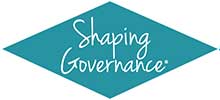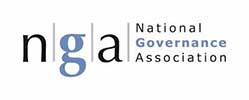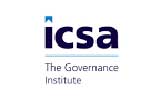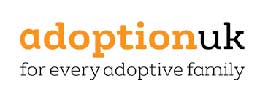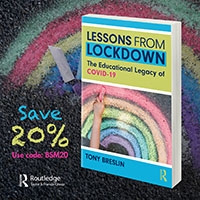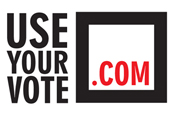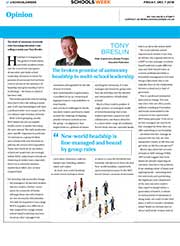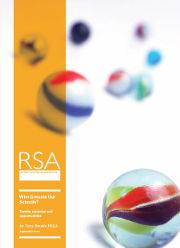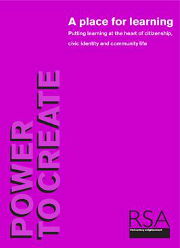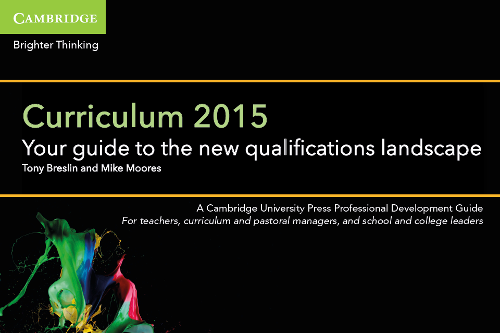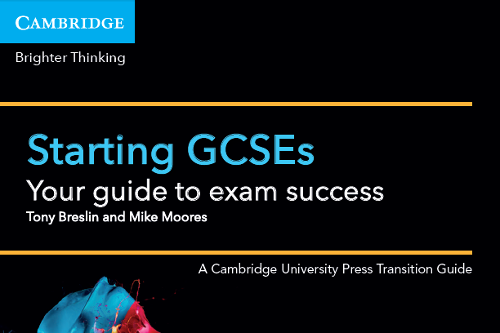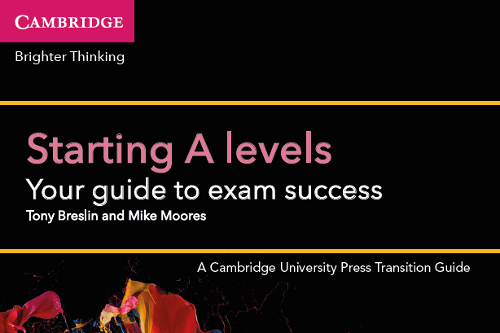












In 1987, 70 per cent of FTSE 100 CEOs had been educated in private schools; by 2007 this figure had dropped to 54 per cent
The Sutton Trust (2018)

"How we exercise governance in our corporations, our hospitals and schools, and our charities is too important to be left to chance"
Cosette Reczek
Permuto Consulting
Transform Governance is a joint venture between Breslin Social Impact and Permuto Consulting
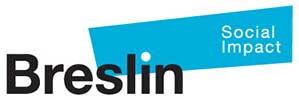

Need consultancy support? We have access to a range of specialists across sectors, across functions, and across the UK and beyond. Contact us to explore possibilities.
From ‘Trojan Horse’ to ‘Great Debate’: time to decide what we want from our education system?
Tuesday 10th June 2014
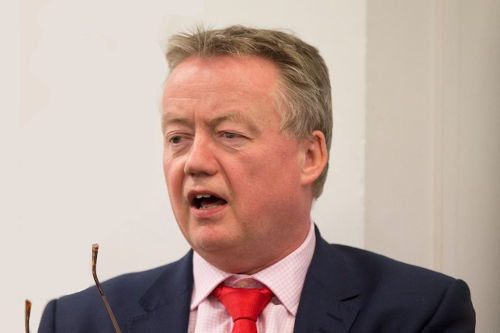
There is an inevitability about the Trojan Horse tale that ought to act as a warning to all involved in education reform, especially those promoters of freedom who wish to release schools and their governing bodies from an onerous state, casting them free to flourish in the ‘big society’.
Let’s just look at the sequence of recent educational reforms: first, promote a reductionist view of the curriculum in which the wider social purpose of schooling is ignored or marginalised as a distraction from the standards agenda (rather than as the means of building the inclusion from which greater achievement for a wider number might grow); second, ‘set schools free’ from what remains of this reduced curriculum as part of a broader package of freedoms that come bundled with academy status; third, allow local authorities, over a period that dates from the early 1990s, to wither from their role as the builders of bridges between local schools and some sort of check on standards (not that they were every especially good at this); fourth, do all of this against the backdrop of a mantra of parental choice, a model that leaves the communities with the lowest levels of social and cultural capital to fend for themselves without support, sometimes against those who might not act in their best interests. Finally, and just for good measure, remove Ofsted’s responsibility to inspect statutory duties, such as the responsibility to promote community cohesion – a duty inspected until Michael Gove deemed this unnecessary in 2010. The introduction of the duty had dated from the last Government’s response to the London bombings. As I and a group of colleagues at the Citizenship Foundation discovered a few years back, it had begun to have just the impact that Michael Gove now seeks. Our findings are summarised in a report for CFBT, School Leaders, Community Cohesion and the Big Society.
So, where from here? Well, as Joe Hallgarten and his colleagues argued in a recent RSA report, Schools with Soul, and, from a different standpoint, as former Labour Premier James Callaghan called for almost forty years ago, let’s have a debate about the purpose of education; yes, grades matter (and they matter most to those in our poorest communities) but schooling has a wider purpose, and in a publicly funded education system, every young person has the right to a broad and balanced education that prepares them to succeed as employees and thrive as citizens in a diverse, multi-cultural and multi-faith society. And, if we’re going to place parent power, school freedom and autonomous governance at the heart of the reform programme, let’s make sure that we have the support and development structures that enable those who step forward into governance and related roles in this new landscape to develop and apply the considerable skill-set required to do the job effectively. Let’s also be clear about where any constraints on this freedom sit. What do we want our schools to be free from? What do we want them to be free to do? What demands do we make on all schools, whatever their intake or objectives? And what support systems will schools, especially those serving our most marginalised communities, need if they are to deliver on these shared system-wide responsibilities?
Finally, let’s take a long hard look at our inspection system. There can be little doubt that Ofsted has played its part in improving practice in our schools over the past twenty years, but as Sir Michael Wilshaw has recently conceded, a service delivered by third party out-sourcing businesses is hardly one that is easy to quality assure. And the tumble from ‘outstanding’ to ‘special measures’ that some of the Birmingham schools have experienced within the space of a year or so underlines this point, raising questions about the reliability of the inspection system across the board in the process.
These questions about how we inspect schools need to be addressed, but let’s start with the question of what schools are for, and what statutory duties we require all schools to fulfil. Our schooling system, and our public services more broadly, ought to be open to public scrutiny. But school leaders, classroom teachers, governors, and parental and community activists have a right to know what is expected of them, and what they are being scrutinised for; those who feel wounded by the Trojan Horse inspections have a point about shifting goalposts. Perhaps it is time to redefine where these goalposts sit, and to do so not on the whim of ministers at the heart of a moral panic but through a public debate about educational purpose, and the freedoms and constraints that we need to deliver whatever we decide this might be.
Tweet Share on Facebook